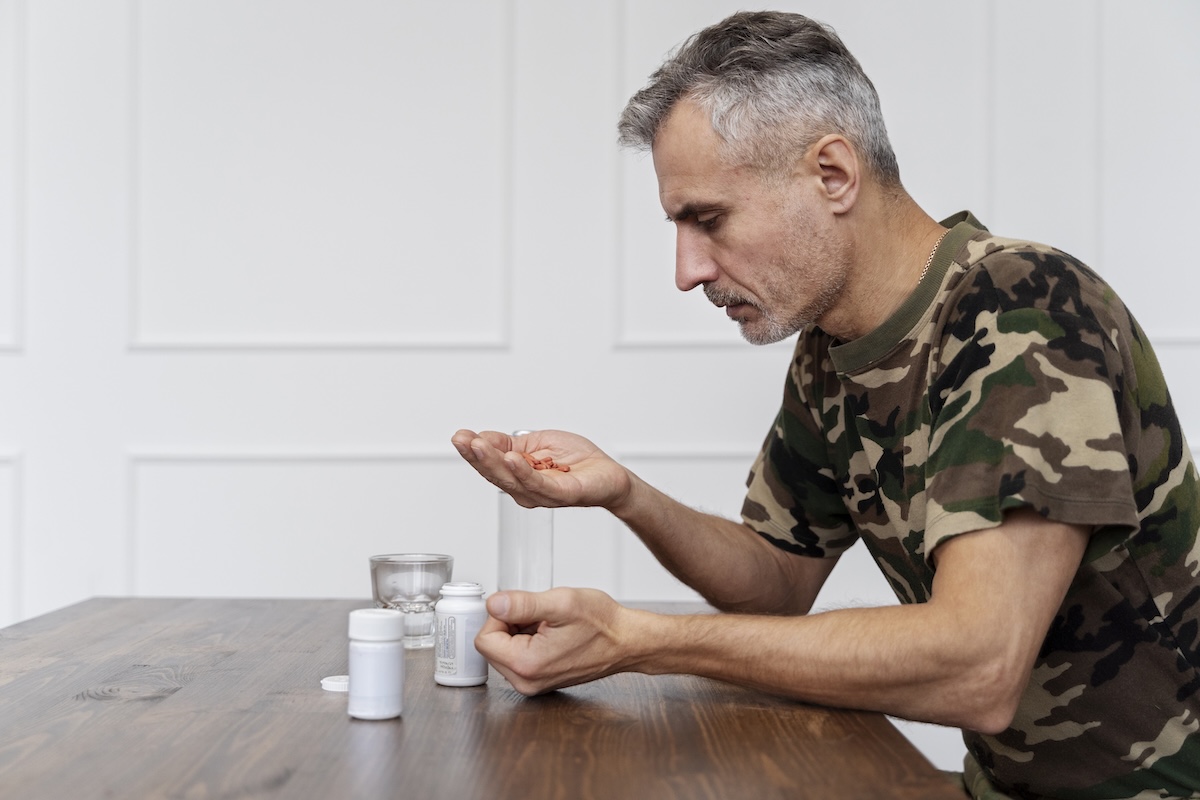Iron is an essential mineral that your body needs to function properly. It plays a big role in producing hemoglobin, a protein in red blood cells that carries oxygen from your lungs to the rest of your body. Without enough iron, your body can’t make enough healthy red blood cells, and this can lead to a condition called iron deficiency anemia.

For many people, iron levels stay balanced through a healthy diet. But sometimes, especially during certain life stages or due to medical conditions, you may not get enough iron from food alone. That’s where iron tablets can help. Taking iron supplements can boost your energy, support your immune system, and help your body feel stronger and more balanced.
In this article, we’ll explore why iron is important, who might need iron tablets, and the health benefits they can offer.
Why Iron Is So Important
Iron has several important jobs in your body, but its most critical role is helping your blood carry oxygen. When you breathe, oxygen enters your lungs and then moves into your blood. Hemoglobin, which needs iron to function, picks up that oxygen and delivers it to your organs and tissues.
Iron is also needed for:
-
Muscle function
-
Brain development
-
Body temperature regulation
-
Cell repair and growth
-
A healthy immune system
If your body doesn’t have enough iron, it can’t make enough hemoglobin. That means your cells and tissues may not get the oxygen they need, which can leave you feeling tired, weak, and out of breath.
Signs of Low Iron Levels
Iron deficiency can develop slowly, and many people don’t realize they’re low in iron until they feel symptoms. Common signs of iron deficiency include:
-
Constant fatigue or low energy
-
Pale skin or cold hands and feet
-
Dizziness or lightheadedness
-
Headaches
-
Shortness of breath
-
Brittle nails or hair loss
-
Trouble concentrating or brain fog
In more severe cases, some people develop cravings for non-food items like ice, dirt, or chalk. This is called pica and is often linked to low iron.
If you have these symptoms, your doctor can check your iron levels with a blood test. If your levels are low, they may suggest making changes to your diet or taking iron tablets.
Who May Need Iron Tablets
Iron supplements are not for everyone, but certain groups of people are more likely to need them. These include:
-
Pregnant women, because they need more iron to support their baby’s growth
-
People with heavy menstrual bleeding, which can cause iron loss each month
-
Vegetarians or vegans, who may not get enough iron from plant-based diets
-
People with digestive disorders, like celiac disease or Crohn’s, that affect nutrient absorption
-
Athletes, especially runners, who may lose iron through sweat or repeated impact on the body
-
People recovering from surgery or injury, who may need more iron to rebuild blood cells
Your doctor may recommend iron tablets if your blood tests show low iron or anemia. They’ll also guide you on the right dose, since taking too much iron can cause side effects.
Health Benefits of Taking Iron Tablets
If you’ve been diagnosed with low iron or anemia, taking iron tablets can make a big difference in how you feel. One of the most noticeable benefits is increased energy. Because iron helps carry oxygen to your cells, boosting your iron levels helps your body get the fuel it needs to function.
People who take iron tablets often report feeling more awake, alert, and able to do daily tasks without getting tired so quickly. For women with heavy periods, iron supplements can help reduce the risk of anemia and its symptoms over time.
Iron also plays a role in brain function. Low iron levels have been linked to trouble focusing and memory problems. Restoring iron levels can help improve mental clarity and concentration. In children, iron is essential for growth and development. Low iron can affect learning and behavior, so supplements may be recommended if their diet is lacking.
Iron is also important for your immune system. If your body doesn’t have enough iron, it may be harder to fight off infections. Taking iron tablets can support a stronger immune response and help your body recover more quickly from illness.
For athletes, iron supplements can improve performance by helping muscles get the oxygen they need during exercise. If you feel unusually tired during workouts or after short activity, it might be related to low iron.
How To Take Iron Tablets Safely
Iron tablets work best when taken on an empty stomach, usually one hour before or two hours after a meal. However, some people feel stomach upset when taking iron this way. If that happens, it’s okay to take iron with food—just avoid foods or drinks that block absorption, like milk, tea, or coffee.
Vitamin C can help your body absorb more iron, so try taking your tablet with a glass of orange juice or eating foods rich in vitamin C, like strawberries or bell peppers.
Common side effects of iron tablets include:
-
Upset stomach
-
Constipation
-
Nausea
-
Dark-colored stools (which are harmless)
If side effects bother you, talk to your doctor. They may suggest a different type of iron supplement or a lower dose to start with. It’s important not to take more iron than recommended. Too much iron can build up in the body and cause serious health problems. Keep iron supplements out of reach of children, as iron overdose can be dangerous for them.

